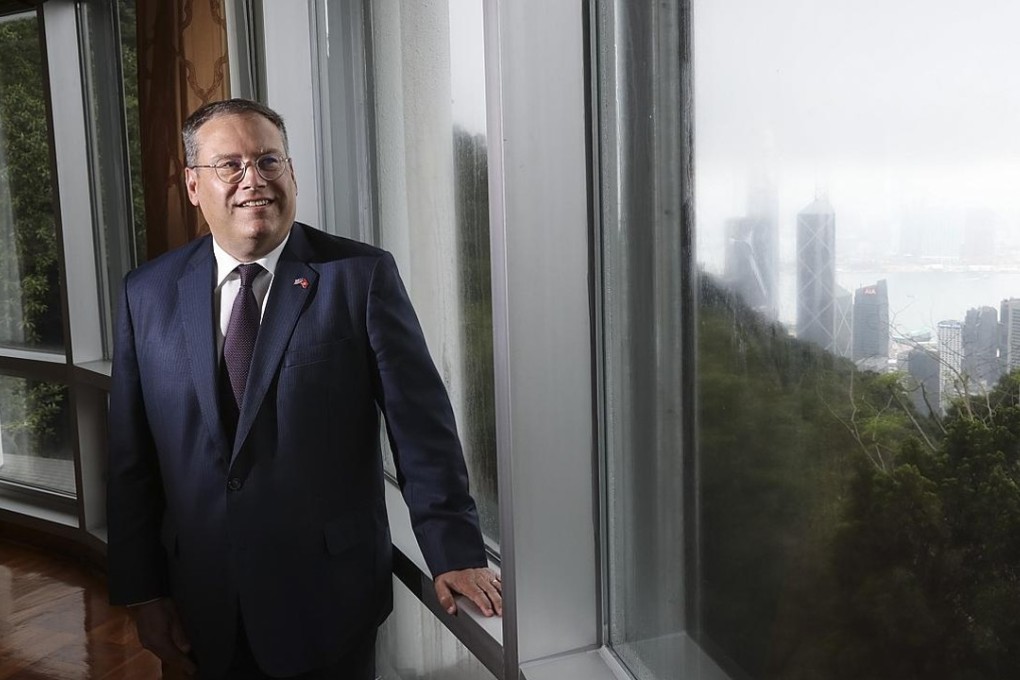Congress committee on China defends its critical stance on Hong Kong against top US envoy in city
Kurt Tong said city’s unique governing formula working well and distanced himself from recent comments by US congressional commission on China

Twenty years after the handover to China, Hong Kong has a promising future as a bridge between its sovereign and the rest of the world, and the “one country, two systems” model is working well, the top US envoy in the city says.
In an interview with the Post, American consul-general Kurt Tong rejected a US congressional panel’s recent criticism of Hong Kong’s political situation and distanced his mission from any isolationist or protectionist signals from the Donald Trump administration.
But the congressional panel has hit back against criticism from the envoy. A spokesman for the US Congressional-Executive Commission on China (CECC) said that both the US State Department and the Hong Kong Economic and Trade Office declined repeated requests to testify at its hearing on Hong Kong.
Watch: US consul general says ‘one country, two systems’ is key to success
Tong, who took the helm at the US consulate in August last year, said his government was still very much in the business of building better relations with Hong Kong, and he expected incoming leader Carrie Lam Cheng Yuet-ngor to forge deeper ties with the US.